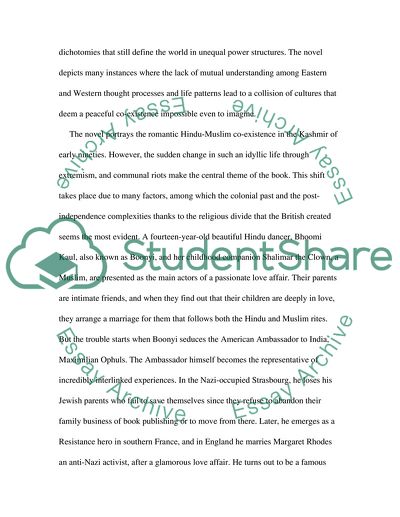Cite this document
(“Edward Said Colonial Discourse Theory Essay Example | Topics and Well Written Essays - 1250 words”, n.d.)
Retrieved from https://studentshare.org/literature/1546230-please-read-the-file-i-attached
Retrieved from https://studentshare.org/literature/1546230-please-read-the-file-i-attached
(Edward Said Colonial Discourse Theory Essay Example | Topics and Well Written Essays - 1250 Words)
https://studentshare.org/literature/1546230-please-read-the-file-i-attached.
https://studentshare.org/literature/1546230-please-read-the-file-i-attached.
“Edward Said Colonial Discourse Theory Essay Example | Topics and Well Written Essays - 1250 Words”, n.d. https://studentshare.org/literature/1546230-please-read-the-file-i-attached.


